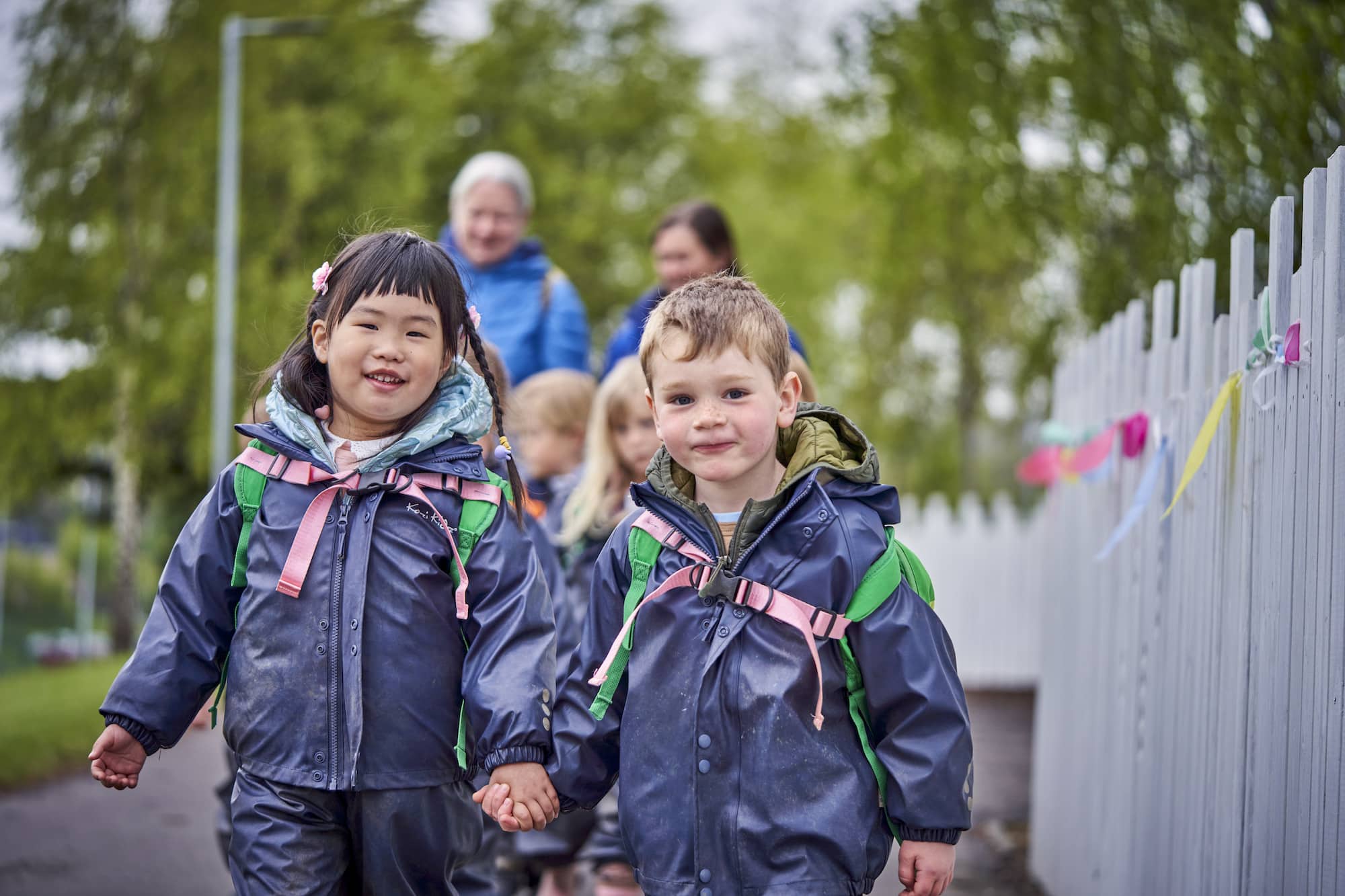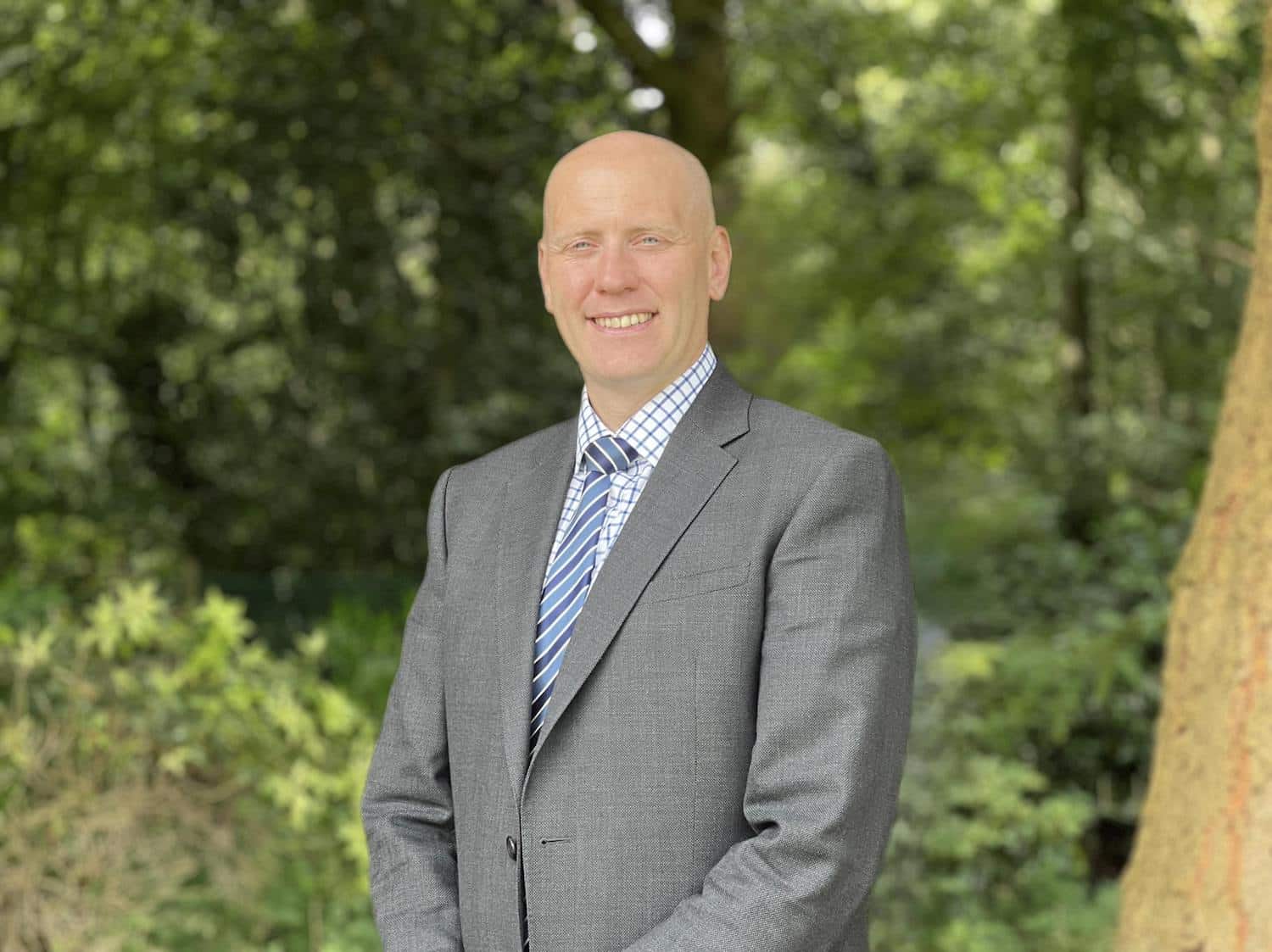What are your standout memories from school?
I was really fortunate. I had a tight-knit group of friends, all with similar interests. The rugby and hockey tour to New Zealand in S5 was a big moment for me – it was the first time I’d travelled so far with my school friends, and it brought us even closer. That season ended with us winning the Scottish Schools Cup, which was a real highlight. My parents told me at the time, “You’ll struggle to replicate this,” and they were right – it was pretty special.
Were you always interested in law?
Not really. I picked law for university without knowing much about it beyond what I’d seen on TV shows like Suits – my impression being you charge around in a suit having coffees. My focus was more on becoming a professional rugby player, and law was a bit of a back-up. At the time there were no lawyers in the family, so I didn’t have much insight into what it entailed. I think I would’ve benefited from some kind of structured work experience or career day during school to help demystify the profession.
What else shaped your interests at school?
I loved playing sport at school – rugby, athletics, basketball – and even gave the odd school play a shot. It quickly became clear I couldn’t sing or act, but it was fun trying something different. I also really enjoyed Latin and Advanced Higher History, thanks to some brilliant teachers. That balance between academic challenge and the chance to try new things outside the classroom was something the school did really well.
How did you manage studying and sport at university?
At Durham, I was juggling law with training at Newcastle Falcons Academy. That meant 7am training three times a week in Newcastle, then rushing back to attend lectures and tutorials (much to the of dissatisfaction of tutors!). In my second year I was also captaining Scotland U20s, which meant a lot of travel back and forth to Scotland for training camps/matches, and generally time away from university. I didn’t always get the balance right, but I learned a lot about managing pressure and prioritising what mattered most.
What were the high points of your rugby career?
Representing Scotland in the World Rugby International Sevens Series in Hong Kong and Australia was incredible. I also got to captain Scotland U20s and London Scottish, which were proud moments. My dad and uncle both played for Scotland and the British Lions – so I got nicknamed ‘The Shadow’ at Exeter Chiefs (a name that followed me to London!)! Unfortunately, I was forced to retire at 24 after a bad back injury left me with minimal movement in my right leg and required surgery. It was sudden and premature from my perspective, but it followed two knee reconstructions, broken leg, broken ankle, broken jaw, broken nose, and so the writing was probably on the wall… My goal was to represent Scotland at XVs, and I had failed in that respect. I was probably a bit angry at the time but looking back I was incredibly lucky, and I wouldn’t change anything. The injury set-backs were probably a convenient excuse for not having been good enough (!), but those frustrations helped develop some resilience that I rely on now.
How has your rugby background influenced your legal career?
The team dynamic in rugby (and any team sport) is very strong – if someone misses a tackle, or drops a ball, the team owns it together and generally speaking there is a strong culture of accountability. In corporate settings (at least from my experience), it can feel a bit more individualistic and nuanced. It took time to find people who worked the way I liked -collaborative, accountable, and supportive- but once I did, it made a big difference. I think it’s all about finding the right team and applying yourself, just like in sport.
How did you start your legal career?
After I stopped playing rugby, I took a paralegal role at Tanner De Witt in Hong Kong. I’d visited Hong Kong with Scotland Sevens and loved the pace and energy of the city. The firm gave me an opportunity to learn, and it was a great environment to get started. From there, I moved to White & Case in London and trained in areas like Private Equity, Banking and M&A (general). I was playing catch up with my peers so thought a big US firm was the ideal launch pad. I went from rugby training/weight lifting for a few hours a day, to suddenly being chained to my desk from 6am – 2am! I was living with a good friend from school at the time, Ross Logan, and barely saw him. It was quite intense – long hours, strong personalities, unpredictable schedules – but I learned a huge amount, in particular, how much people can squeeze out of a working day.
What led you to specialise in sports law?
Over time, I realised corporate law wasn’t quite the right fit for me and contemplated leaving the profession at an early stage. I was looking for something more aligned to my interests, and which would afford me more of a working routine. Bird & Bird was (and still is) the top-ranked Sports Law practice in Europe, and it felt like the perfect environment to learn the ropes. I worked on some amazing projects – FIFA World Cup, Premier League sponsorship deals (Manchester United, Arsenal and Chelsea), Formula One Financial and Sporting Regulations, the British Lions, and latterly advising on some of the gigaprojects in the Middle East, such as NEOM. It has been a great opportunity to combine my legal training with my love for sport.
What makes sports law different?
Most people working in sport are passionate about what they do, and I think that makes a big difference. There are certain challenges, and this usually stems from the general public/press interest in (and scrutiny of) sport. For example, when we were drafting the new Cost Cap Regulations for Formula One (which introduced a cap on the amount that each F1 team may spend each season designed to promote the competitive balance and sporting fairness of the championship), it became clear that certain information was being leaked to the press. Personally, I have a natural leaning to keeping up with sports news and affairs, which generally helps with the day job.
Any standout experiences?
The Middle East is increasingly becoming a hub for large scale sports events and infrastructure. We advised NEOM – a city being developed in Saudi Arabia – on the drafting of its sports, entertainment and media laws and regulations. I’ve visited a number of times and have had the chance to work directly with engineers, designers, and developers. It was exciting and very different from the traditional desk-bound legal work.
What drew you to Dubai, and how does life there compare?
Dubai is not for everybody, but it suits me (and my wife!) for this stage of life – it’s fast and dynamic, but in a different way from London (I think the sun helps). There’s more client contact and related travel, and the hierarchy is flatter. It’s not about producing perfect work product; it’s about being commercial, responsive and delivery-orientated. And from a lifestyle point of view, I can finish work and jump in the sea or play Padel with friends. That kind of balance was a big factor in the move. It’s not without its challenges though – I do miss my family and friends.
What’s on the horizon?
With a new baby, life’s about to change a lot! Career-wise, I’d love to keep progressing and potentially move towards partnership. A big driver for me is to continue to use work to travel and broaden my horizons. I’m also really interested in helping others – hearing about other people’s paths, interests, and sharing what I’ve learned along the way.
What would you say to students considering a legal career?
My main recommendation would be to get out there and meet as many people as possible. You’ll soon come across someone who has a job/career path you’d like to replicate. I’d also say to get practical experience early. The theory is one thing; but there’s no substitute for seeing what lawyers actually do day to day. And don’t stress if it doesn’t all fall into place at once. Law degrees are incredibly versatile, and there’s no one right path.
What makes a good lawyer, in your view?
It depends on the role. Some lawyers are brilliant behind a desk; others shine in client-facing roles. Generally it’s about combining technical skill with commercial awareness and people skills (a unicorn lawyer!). I think the important thing is not to be afraid to carve your own path and try to remain authentic.






